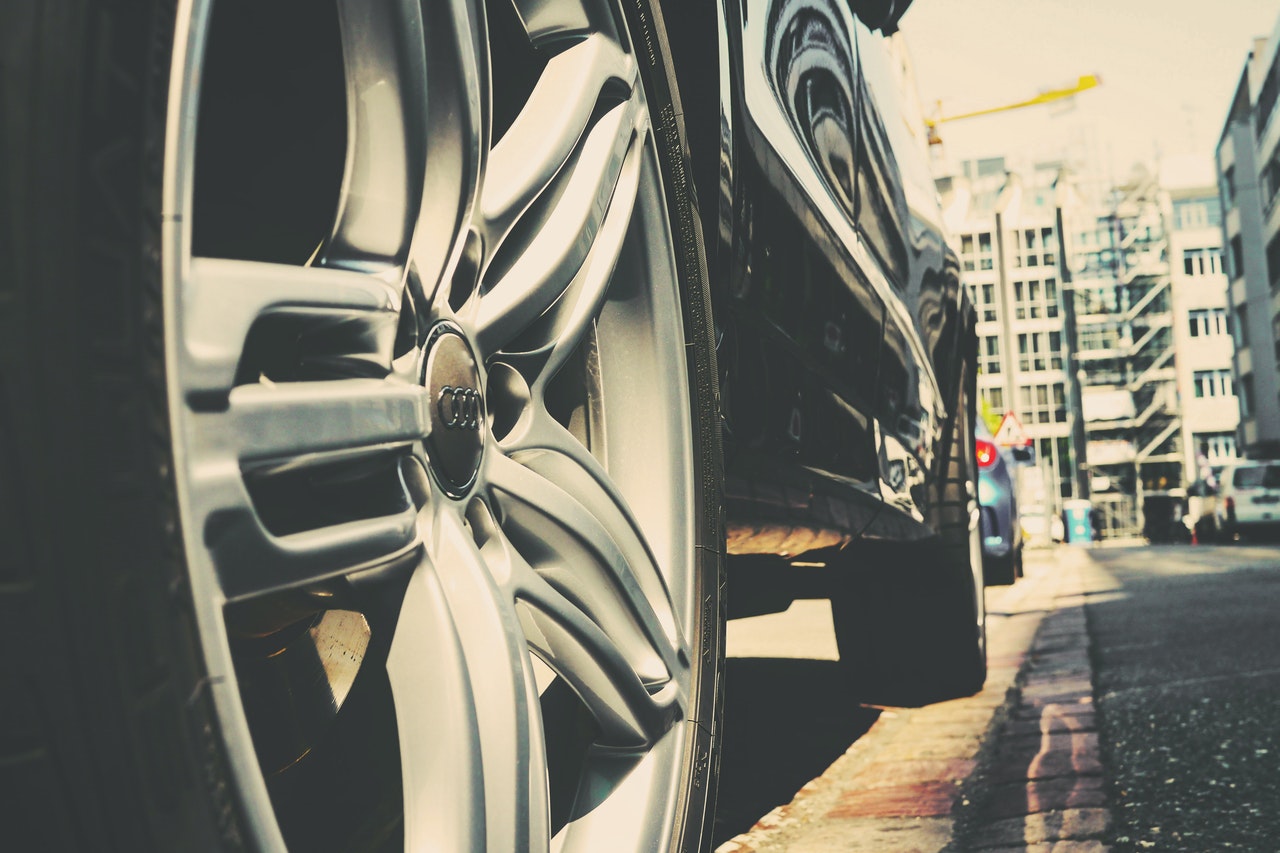Many prefer usability while many go for looks. Modern cars make use of two major kinds of wheels i.e. wheels of steel and alloy. If you consider various aspects like up keeping, reliability and looks both of these categories have both benefits and disadvantages. But, ultimately, it all ends up with the fact which category of wheel suits your vehicle.
Alloy Wheels
Combination of different metals in various proportions along with their properties like toughness, malleability and rigidity results in the alloy. Alloy wheels UK are made using an alloy of magnesium or aluminium.
Alloy Wheels: Pros
Rust Proof: Alloys don’t corrode easily. For people staying nearby coasts where corrosion due to salt is common, this feature proves to be very useful.
Performance: As Alloys wheels are light in weight, they put less load on the spring of the coil. Hence, you can have proper traction and grip. Apart from this, you will also notice a remarkable difference in taking over and steering capacity.
Weight: Although the wheels of alloy go through a long process of manufacturing, these wheels are light in weight. This feature offers proper speeding up, fuel efficiency, and of course, weight limiting in a vehicle. As compared to the wheels of steel, the wheels of alloy offer more durability to the tyres and help them to radiate heat at a faster rate.
Aesthetics: The appearance of the alloy wheel is its most popular benefit. This wheel is used as a luxury accessory in many cars and is traced majorly in various high-end categories.
Alloy Wheels: Cons
Repairability: Repairing is a tough job for these wheels. It is a tough and costly task to repair wheels of alloy. To reshape the alloy wheels to its original shape, the professionals need to perform a long procedure, which is not the case in wheels of steel.
Rigidity: Wheels of alloy unlike the steel ones are not that strong. They may get curbing scratches, marks and crack easily. As a result of this, even minor damage can destroy the entire appearance of the car.
Price: wheels of alloy are costly for repairing, manufacturing and buying. The cost of these wheels is half more than the cost of the wheels of steel due to the long and complicated process of production. Due to this reason, the vehicle manufacturers never use the wheels of alloy in their small budget vehicles. Still, many prefer TSW alloy wheels.
Steel Wheels
Steel wheels have been around for a long while. These are tested for durability and toughness, which they have successfully passed. That is why they are used in cars or huge vehicles like SUVs, etc. Steel wheel is a reasonably priced alternative to wheels of alloy.
Steel Wheels: Pros
Repairability: When the steel wheel needs to be repaired, the mechanic need not do anything except reshaping the wheel by correcting the bent part. This is because wheels of steel as compared to wheels of alloy are more malleable.
Durability: As compared to wheels of alloy, Steel ones have more strength. So, huge SUVs use steel wheels. Many car manufacturers who maintain a low budget also prefer these wheels.
Price: Bringing the wheel into its shape is included in the process of making wheels of steel. As compared to alloy ones, Steel ones cost very less i.e. almost 70-80% less.
Steel Wheels: Cons
Looks: Well, looks are absent in steel wheels. Hence, luxury car manufacturers don’t prefer these wheels.
Corrosion: wheels made up of Steel can’t resist the salty atmosphere and can corrode easily. However, modern painting technique with powder coating won’t let these wheels rust and corrode.
Weight: Increasing the car’s unsprung weight, Steel wheels have more weight. The longevity of the suspension system gets reduced due to more weight of these wheels. Steel wheels assist in directing the vehicle and traction.
